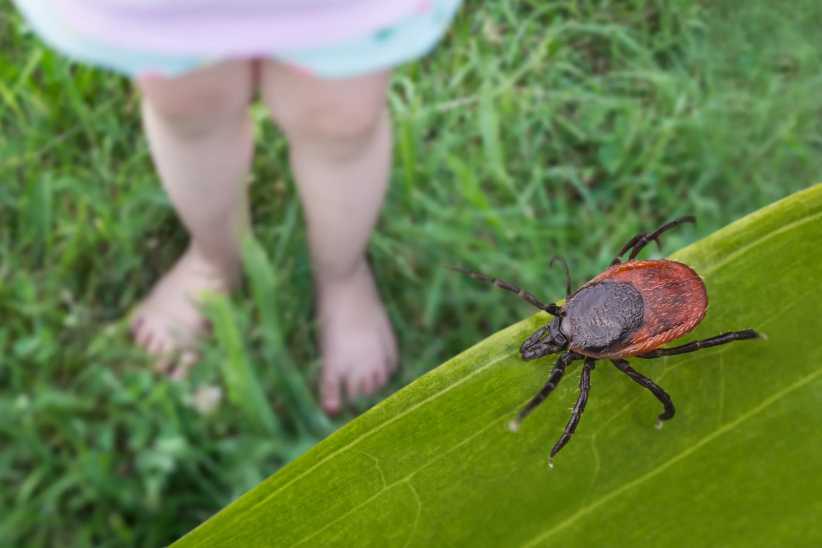Alcohol is clear; pregnancy is the time to abstain. But the subject of coffee and tea has been a cloudy one.

Many women give up — or cut — the caffeine when they’re pregnant. It has always made sense. According to the American Pregnancy Association, caffeine is a stimulant which increases your blood pressure and heart rate, both of which are not recommended during pregnancy. Still, most health experts have advised “caffeine in moderation”, the definition of “moderate” varying anywhere from 150-300 mg. a day. Translation: There are 200 milligrams of caffeine in 10 ounces of coffee, or 25 ounces of tea.
But a new study, just published in the Journal of Obstetrics and Gynecology, has found that expectant moms who drink 200 mg. of more of caffeine per day may double their risk of miscarriage.
The experts are not totally convinced. Dr. Carolyn Westhoff, professor of obstetrics and gynecology at Columbia University Medical Center, was quoted in The New York Times as saying that most miscarriages result from chromosomal abnormalities, adding: “Moderation in all things is still an excellent rule. I think we tend to go overboard on saying expose your body to zero anything when pregnant.”
Still, Dr. De-Kun Li, a reproductive and perinatal epidemiologist and lead author of the new study, advises pregnant women to at least try and give up caffeine for the first three or four months — or to at least switch to decaf. Dr Li has the last word here: “Stopping caffeine really doesn’t have any downside.”
Cough & Cold Update
If you are continuing to give your kids over-the-counter cough and cold medications — despite government warnings that these products are mostly ineffective, and, in fact, could be harmful, consider these stats: Each year, about 7,000 children ages 11 and younger end up in the ER after taking cold and cough medicines, about two-thirds of them ingested without a parent or caregiver nearby, according to a recent Centers for Disease Control and Prevention (CDC) study.
Last month, the Food & Drug Administration (FDA) reiterated their recommendation that parents not administer these types of drugs in children under 2. The FDA continues to assess whether these drugs are safe for use in children older than 2.
In the meantime, the CDC urges parents;
—Don’t leave medicines where your child might be able to reach them.
—Don’t tell children that medicine is candy.
—Don’t take adult medications in front of your child.
—Don’t give children younger than age 2 medicines intended for older children.
—Throw away cold and cough medicines for children less than age 2.






















